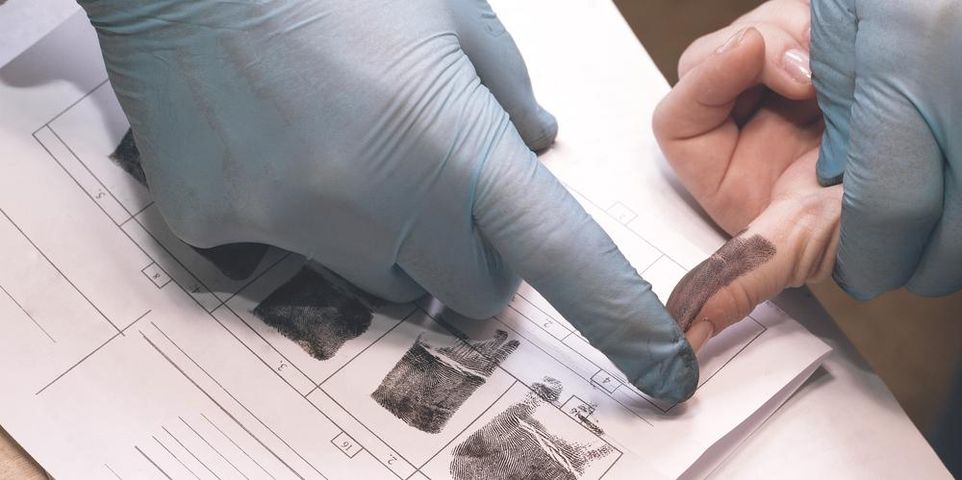
A DWI arrest will initiate a legal process designed to both protect the rights of the accused and determine a path toward justice. If you've been arrested for a DWI, it's important to understand this process, as well as your role and responsibilities in it. Below is a brief introduction to what happens after a DWI arrest.
The Legal Process of Getting a DWI
Booking
 The first step is a booking at the police station. You will likely be searched, fingerprinted, and a mugshot will be taken. You will likely be kept in a holding cell for detoxification and then released, unless the court issues a warrant for your arrest. Contact a DWI lawyer as soon in the process as possible so you can start building your defense and ensuring all legal safeguards are in place.
The first step is a booking at the police station. You will likely be searched, fingerprinted, and a mugshot will be taken. You will likely be kept in a holding cell for detoxification and then released, unless the court issues a warrant for your arrest. Contact a DWI lawyer as soon in the process as possible so you can start building your defense and ensuring all legal safeguards are in place.
Arraignment
Your first court appearance will be your arraignment, where you will be prompted to enter the plea you and your lawyer have discussed. If a warrant was issued, the judge may consider modifying your bond. Be sure to honor your commitments to the court—otherwise, you will face additional legal difficulties.
Preliminary Hearing
If your charge is a felony, the first phase of hearings will be a preliminary hearing in which the judge determines if there is enough evidence against you to allow the case to proceed. Your lawyer will review the prosecution's case and help you explore all viable options.
Plea Bargaining
At this phase, your lawyer may attempt to bargain with the prosecution. That could mean negotiating a lighter sentence in exchange for a guilty verdict or pleading guilty to a lesser offense. Trust your lawyer to look out for your best interests and handle all communication with opposing counsel.
Trial
If plea bargaining has failed, your case will go to trial. Follow your DWI lawyer's advice so you can manage the stresses of the trial experience. You may or may not take the stand, but you should be as knowledgeable and proactive as you can during the trial, so you understand how your case will play out.
Sentencing or Release
Finally, a verdict will be handed down, either by a judge or a jury. If you are found not guilty, you will be released. After a guilty verdict, a sentence will be imposed. The sentencing might take place immediately, or it could be scheduled for a future court date. Whatever the outcome, adhere to the rules of the court and let you lawyer manage any subsequent steps.
For over 20 years, the Law Offices of Drew F. Davis has been serving the Northwest Missouri area with determination, integrity, and skill. Call (816) 632-7575 or visit the law firm's website to schedule a consultation. By knowing the legal processes involved in a DWI, you can ensure you're in line with the law and afforded all the protections it provides.
About the Business
Have a question? Ask the experts!
Send your question

